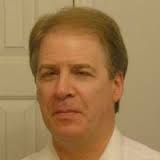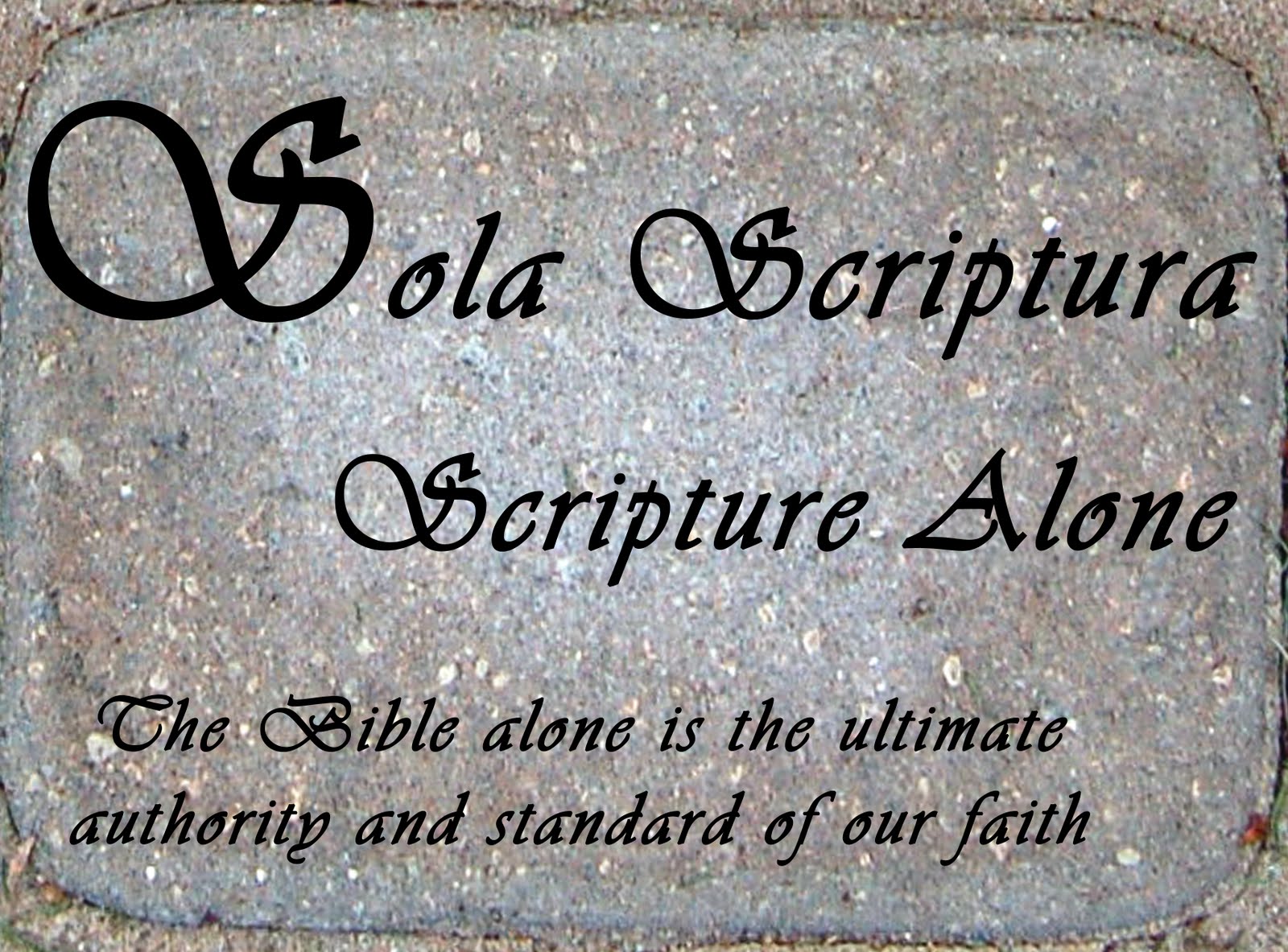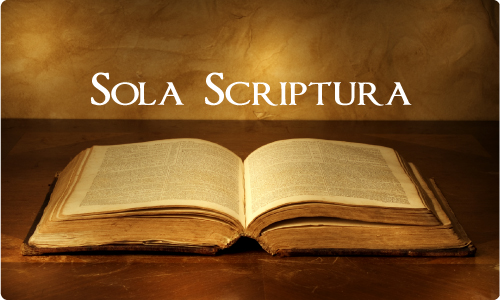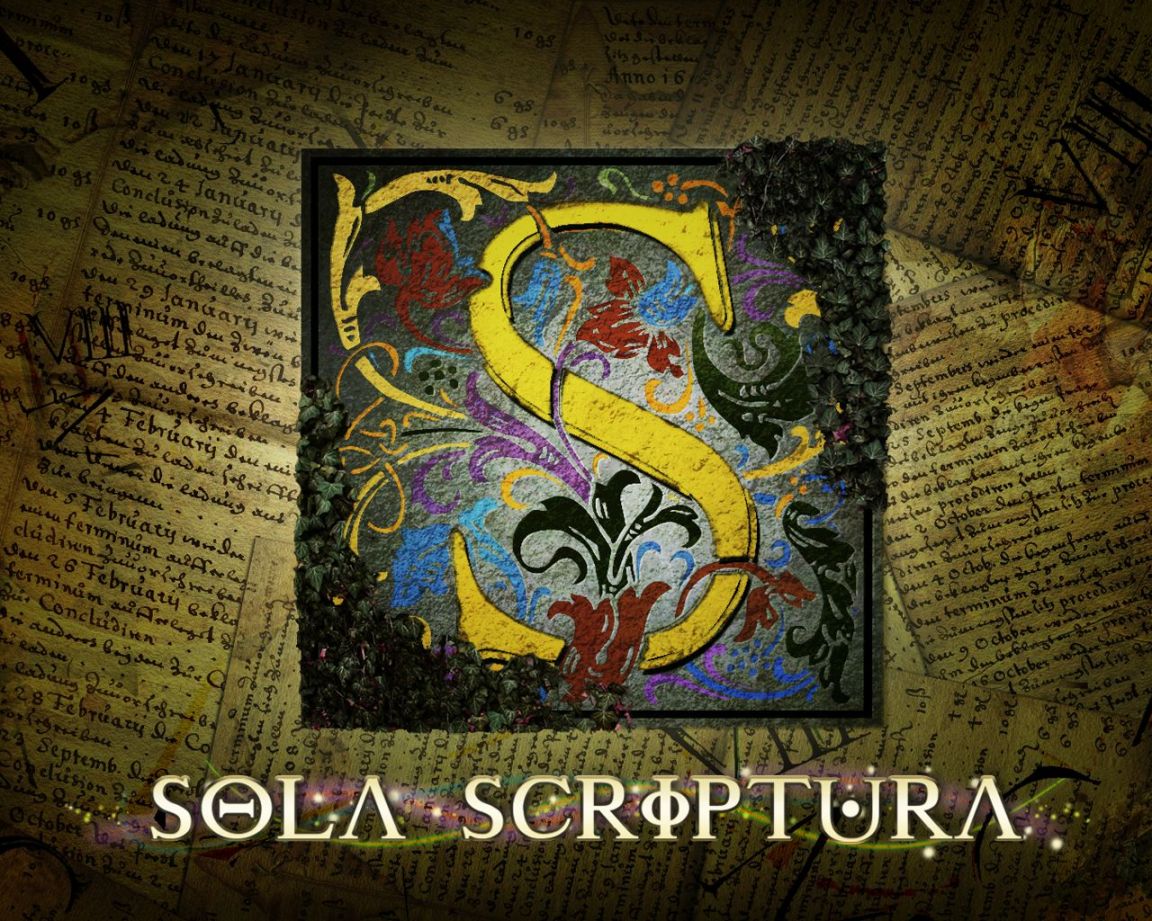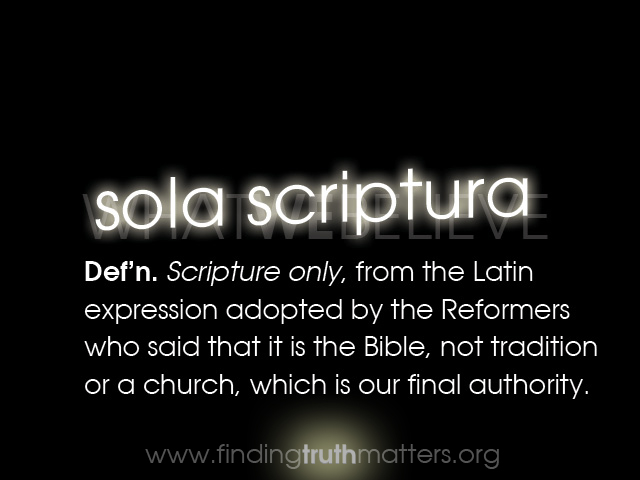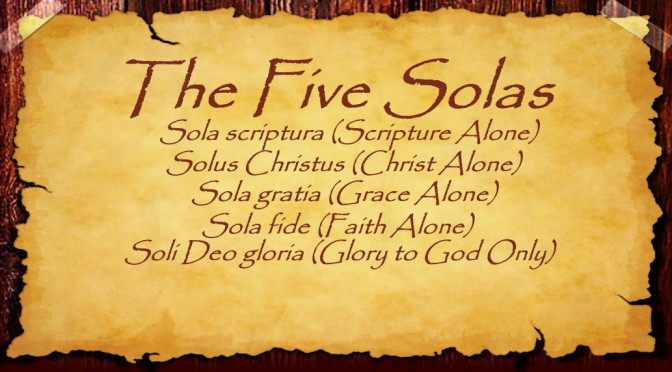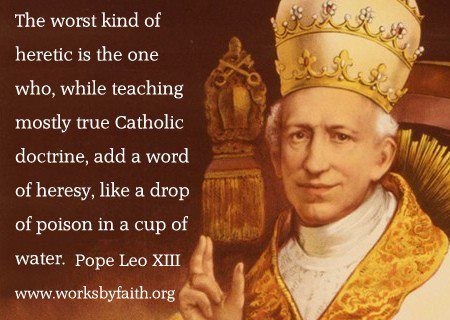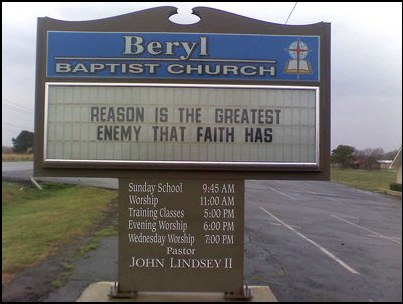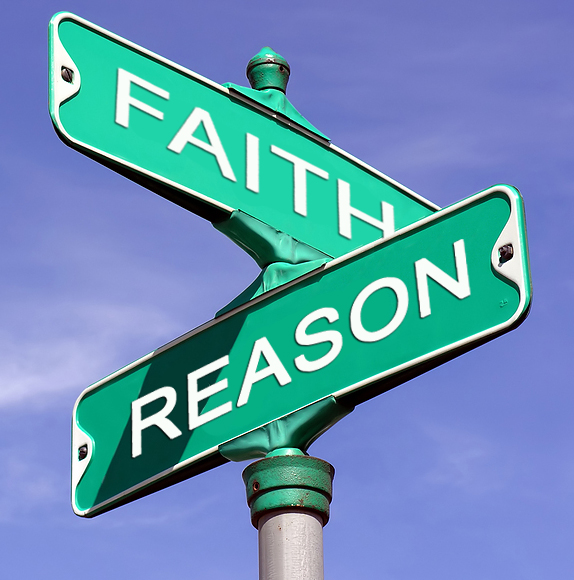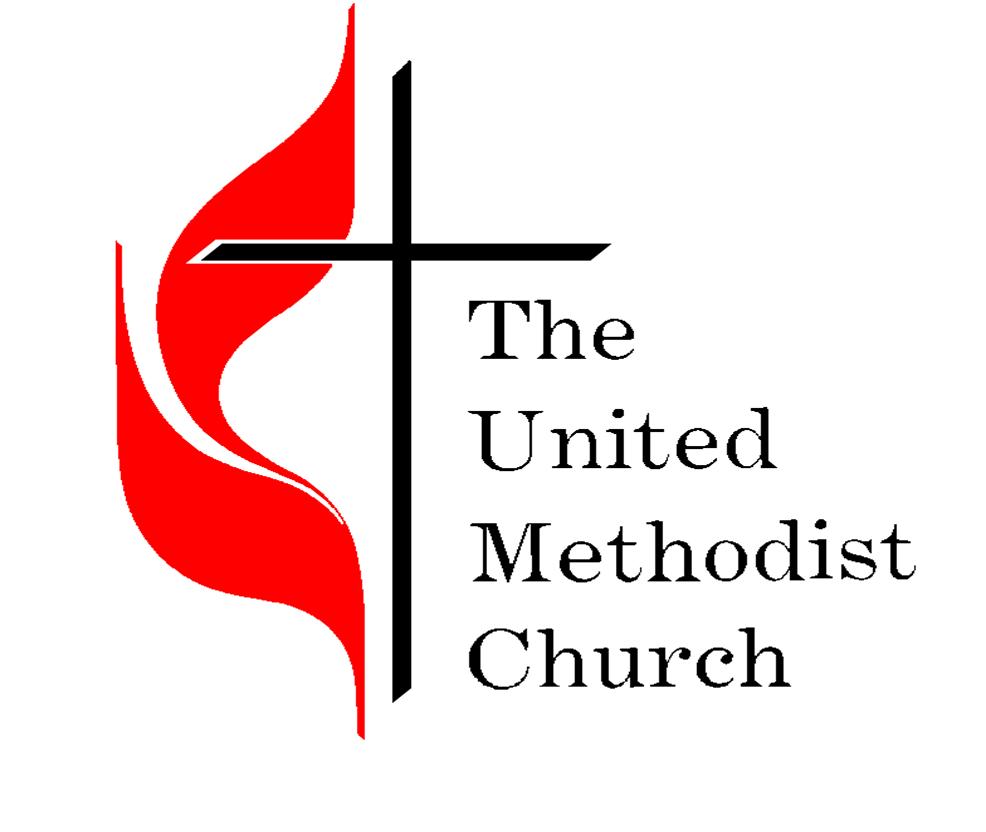
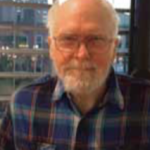
-by Dr. Allan J. Cease, Dr. Allan Cease served in ordained Protestant ministry for nearly 28 years before his confirmation in the Catholic Church in 1997. He is a graduate of Lycoming College, Williamsport, PA with a Bachelor of Arts in history. He also received a Master of Divinity degree from Wesley Theological Seminary, Washington, DC, and a Doctor of Ministry degree from Drew University, Madison, NJ. He has pastored various United Methodist churches in Northeastern Pennsylvania and South Central New York. His ministry has further included chaplaincy positions in two hospitals, a nursing home, and a state-run residential facility for adults with intellectual disabilities. Dr. Cease has also worked over ten years for the Pennsylvania Department of Labor and Industry. Now retired, he lives with his wife and son in the house in which he grew up in Northeastern Pennsylvania. He can be contacted by email at ajcease142@yahoo.com.
“After 51 years as a Protestant and 28 years as a United Methodist clergyman, I have come home to the Catholic Church. To my delighted surprise, I have found it to be a “pearl of great price.” Let me share with you my faith journey, my journey to Christ and with Christ and my discovery of the fullness of the Church. In so doing, I wish to highlight the joy which emerges through struggles and hardships and, in fact, is made all the more exuberant because of them. My story is a journey to joy!
Some people who come to faith in Jesus Christ have a “Paul” experience. Like St. Paul, they have a dramatic conversion when almost instantaneously they are changed from unbelief to belief and in a moment are brought from darkness to light. These testimonies are wonderful to hear, but they represent a small percentage of the people who have been won to Christ. Most of us have a “Timothy” experience rather than a “Paul” one. St. Timothy was a protégé of Paul, whose mother and grandmother were Christians. He was brought up in the faith and, so far as we know, did not have a dramatic conversion experience. I am one of those rare individuals who has had both a “Paul” experience and a “Timothy” experience.
My childhood was a “Timothy” experience. I was brought up in a devout Methodist home in Northeastern Pennsylvania. From my earliest days, my mother and grandmother read the Bible to me, prayed with me, and sang hymns for me daily so that I came to know the love of Jesus at a very early age.
Call to Ministry
By the time I was in fifth or sixth grade, I had a steadily increasing sense of God’s call to ordained ministry in the Methodist Church. I also had a consistently Methodist education in prep school, college, seminary, and, after entering full-time ministry, in another United Methodist seminary where I completed a Doctor of Ministry program. Starting with my second year in seminary, I became a pastor. Over the course of the next 26 years, I would pastor several United Methodist congregations in Northeastern Pennsylvania and the Binghamton, New York area.
In 1976, I met a young lady from Endicott, New York named Lynne Hess, who was also studying for the ministry. Lynne and I fell in love and were married in 1980.
“You’re Not Playing Bingo!”
Several years later while I was serving a congregation in Binghamton, Lynne was having a spiritual struggle that led her to become a member of the Catholic Church. When I came home one day, she told me she was planning to become Catholic. I voiced my objection, not by lifting up some esoteric point of dogma or theology. No, the first thing I said, believe it or not, was, “You’re not playing Bingo!” I did, in fact, strongly object to the idea of her becoming Catholic. Indeed, I took it as a personal repudiation of me and my ministry. I had never considered myself to be anti-Catholic in any degree, but I believed that Catholics had added certain unscriptural and unnecessary elements to the pure faith in Christ, which Protestants, through Luther and the Reformers, had restored. Over time, however, I began to see how happy Lynne was as a Catholic and how greatly the Catholic Faith was helping her spiritual life as well as how she was taking great pains to be active in my congregation and be supportive of my ministry with the approval of her priest. These realities helped me to accept her decision, although I still had no conscious inclinations toward Catholicism on my own part. Lynne was journeying to joy!
Two years later after we moved to Scranton, Pennsylvania, our son Christian, who was attending a Catholic parochial school, told me that he too wanted to receive First Holy Communion and become Catholic. When I asked him why, he said, “Because I want to have Communion every week, not just once a month, and besides, it is really Jesus!” I then gave him my blessing, amazed that such words would come from an eight-year-old Protestant boy! In retrospect I now realize that the blessing I gave my son was a tacit admission of the Real Presence of Christ in the Eucharist, a truth I was not yet ready to acknowledge. Yet, through this conversation my son had sown a seed that, I believe, played a significant role in preparing me for the Catholic Faith.
In 1990 we moved to Williamsport, Pennsylvania, so that I could pursue a position as a resident chaplain at the Williamsport Hospital. The itinerant system by which we moved every few years and other pressures of pastoral ministry were taking a toll on our family. We hoped that by my entering institutional chaplaincy we would be able to live in one place for a longer period of time and bring more stability to our family life.
At the same time I was growing disenchanted with some of the liberal theology of the United Methodist Church and especially its pro-choice position on abortion and its continual controversies over the ordination of homosexuals. So although I was intending to become endorsed as a United Methodist chaplain, I was actively looking into transferring my orders to some other Protestant denomination. I considered the Lutherans, Episcopalians, and the United Church of Christ, but I soon discovered that they were having the very same problems with these moral issues that the United Methodists were, and, in the case of the latter two, the situation was even worse. There seemed to be a lack of consistency with historic Christianity on several key matters and no central authority to prevent the church from voting every four years on whether abortion or the practice of homosexuality and remarriage after divorce were right or wrong!
A Life-Altering Weekend
In August 1993, one month before I was planning to appear before the United Methodist committee which I was hoping would endorse me as a chaplain, my wife told me she wanted to attend the National Sacred Heart Conference at Franciscan University
in Steubenville, Ohio. Lynne told me one of the speakers was Msgr. John Esseff from Scranton, a priest whom I had known and admired for about twenty years. To her surprise, I agreed to go with her. We decided, however, that I was not obligated to attend any of the conference and if at any time I didn’t want to be at the conference, I could go sightseeing in nearby Pittsburgh.
As it turned out, I did attend the conference, every session, even the ones about the Sacred Heart of Mary. I did get into some confrontations with certain militant Catholics over doctrinal issues, and I blew my cool when one young man told me that Martin Luther was the AntiChrist! I think that most of the people in the cafeteria that day could hear me yelling back my defense of Luther and the Reformation during that lunchtime “conversation.” In spite of this, I kept attending the sessions. I was enthralled by Msgr. Esseff’s Saturday evening youth program, but the conference still had no life-changing effect on me until the next morning when I attended the Mass that closed the conference. What was about to happen to me was my “Paul” experience to follow my “Timothy” one. As a Protestant, I had already been converted to Christ; now I was about to be converted to the fullness of the Church.
During Communion, as the Catholics in the room were going forward to receive the Eucharist and I remained in my pew in prayer, I was suddenly overpowered by the awesome presence of holy love. In an indescribable way I was bathed with the Spirit of the Lord and began to weep openly. I regained my composure, however, by the time my wife and son returned to the pew. I believe that, at that moment, I received what St. Thomas Aquinas called “spiritual communion,” that is receiving the graces of the Eucharist without actually receiving the Eucharist.
After Mass I did not say a word about what I had experienced even though I felt a love, a joy, and a sense of holiness in my spirit I could not describe. But as we were pulling out of the parking lot to leave the conference I nearly caused Lynne who was driving to swerve off the road when I said, “I think the Lord wants me to become a Catholic!” Then I shared with my wife and son what I had experienced during Mass. But I also found my defenses going up as I began to list all the reasons I did not want to be a Catholic and should not be one. These ranged from doctrinal beliefs which I considered unscriptural to vocational issues such as my call to ministry. I knew at this point in my faith journey that I most certainly did not want to become Catholic, but somehow in my innermost being I was compelled to do so.
Upon returning home, I decided to enter the inquiry stage of RCIA (The Rite of Christian Initiation of Adults). It was providential that there was a newly ordained permanent deacon at the parish in South Williamsport where my wife and son were members. He had also been a Protestant minister for many years. In fact, at one point he had served as dean of a Protestant theological seminary. I started to meet with him regularly to discuss the Catholic Faith. I tried to be brutally honest about my objections to what I thought Catholics believed about Mary, the Pope, purgatory, and other doctrinal issues. In response, the deacon would give me sections of the Catechism and the documents of the Second Vatican Council to read and respond to. What I read in those documents and heard from the deacon’s instruction went far beyond what I expected. Much of it was not what I thought Catholics believed. Not only to my great surprise was Catholic teaching in total harmony with Scripture, I discovered that I already believed much more of it than I had thought I did. I did voluminous reading. I digested the Catechism and some of the writings of the Church Fathers. I searched the Scriptures to find support for Catholic teaching, and, as a result, became more convinced that in the Catholic Church is the fullness of truth. I was still wrestling with various issues, though, and did not enter the Catholic Church at that point.
The Eucharist Drew Me
Pivotal to my conviction of the Catholic Church having the fullness of truth was my increasing awareness of the Real Presence of Christ in the Eucharist. This is not surprising, since the Eucharist is so absolutely central to our faith and identity as Catholic Christians.
Holy communion has always been very important to me. As a Methodist, I believed that communion was a sacrament and, as such, conveyed divine grace. I further believed that our Lord was indeed spiritually present in this sacrament; but also that the bread and grape juice, while special and sacred, remained bread and grape juice after their consecration. For many years I had never thought there was a need for me to rethink or re-experience the meaning of Christ’s presence in the sacrament. But in the decade before my Steubenville experience, I was gradually discovering there was something more.
Interestingly, a liturgical renewal within my Protestant denomination played a role in this process. In the mid-1980’s, the United Methodist Church issued a new Order for the Sacrament of the Lord’s Supper which bore a much closer resemblance to the Vatican II Liturgy of the Mass than did the previous ritual, which had emphasized holy communion as a memorial meal symbolized in bread and cup. The new one offered a shift in emphasis and startled me with the words that had been added to the calling down of the Holy Spirit section (“epiclesis”) in the so-called Prayer of Thanksgiving. These words ask the Holy Spirit to make the bread and wine the Body and Blood of Christ for the worshipers.
One day after having offered this prayer, it truly hit me what I was asking the Lord. I was not asking God to turn these communion elements into representations of Christ’s Body and Blood, but into His actual Body and Blood! That thought, especially after my Steubenville experience, blew me away! I began to ask myself, “Do I really expect the Prayer of Thanksgiving to be answered? Can Jesus Christ actually transform ordinary bread and wine into His actual Body and Blood, and will He do it?” At that point I had not yet adequately grappled with the issues of apostolic succession and the validity of a Protestant celebration of the Eucharist, but that change in the Methodist liturgy started me down the path of acceptance and appreciation of both transubstantiation and the Catholic Mass itself when I actually encountered it.
During my final years of Protestant ministry, I was serving as a part-time chaplain at a large state-operated residential facility for adults with intellectual disabilities. My offering of holy communion to the individuals who lived there also caused the Holy Spirit to enlighten me about the Real Presence of Christ in the Eucharist. As I ministered to these individuals who had moderate, severe, and profound cognitive disabilities, I realized that when I held aloft the communion wafer and said to them, “The Body of Christ,” many of those who heard these words were incapable of comprehending them as symbol but understood them literally. It dawned on me in the course of this ministry that these folks truly believed that wafer was what I said it was — the Body of Christ. Beginning to look at the Eucharist through their intuitive spirituality, I began to believe it, too.
These experiences intensified the insights I was gaining from reading the Church Fathers, who I discovered were unanimous in their teaching that the Eucharist is the Real Presence of the Lord.
Additionally, I saw the sixth chapter of John in a new light. I came to realize that when Jesus said, “My flesh is true food and my blood is true drink” (John 6:55), He was not speaking in metaphorical terms but in literal ones. If His language had been symbolic, He certainly would have clarified the matter promptly for those disciples who “turned back and no longer went about with Him” (John 6:66), but He did not. I came to see that in an earlier passage when Nicodemus misunderstood what Jesus was saying about being “born anew” (or “born from above,” John 3:3-4), the Lord did offer an explanation. “What is born of the flesh is flesh, and what is born of the Spirit is spirit” (John 3:6). But in John 6, Christ’s words about eating His flesh and drinking His blood stood with no modification. Their meaning was seen to be self-evident and obvious. As astonishing as it seems, the Eucharist is the Body and Blood, Soul and Divinity of Jesus Christ!
Trouble With Mary
Another serious doctrinal issue I had to overcome in my pilgrimage centered on the Catholic teachings about Mary. I thought that Catholics made too much of Mary and, since we could go directly to Jesus as our Mediator and Advocate, praying to Mary was unnecessary at best and blasphemous at worst.
I recall one afternoon when our son came home from parochial school with a rosary given to him by his teacher. When he asked me to pray the Rosary with him, I wanted nothing to do with it. I remember getting up, saying, “Get that thing away from me!” and walking away with Christian running after me with his rosary in hand before Lynne thankfully intervened. For me at that point in my faith journey, the Rosary was an obsolete remnant of the Middle Ages that was connected with superstition for illiterate people, not the beautiful and powerful aide to intimacy with God that I now know it to be. In the years that have passed since my son chased me around the parsonage with his rosary, the Holy Spirit has helped me to see that our Catholic devotion to Mary does not take anything away from Jesus, but instead it exalts Him!
When we pray to Mary, we are not looking at her as an object of worship, but merely asking her to direct us to her all-gracious Son in praise and intercession. When we affirm her Immaculate Conception we are not declaring that Mary needed no Savior, for as the Catechism states, “She is redeemed, in a more exalted fashion, by reason of the merits of her Son’” (CCC, paragraph 492). Rather her preservation from original sin is fitting in light of the reality of the Incarnation since Mary bore in her womb the Second Person of the Godhead who was conceived by the Holy Spirit.
In summary, I have discovered that the dogma of the Immaculate Conception and the other Catholic dogmas concerning Mary are not superficial appendages to our Christian beliefs but are necessary to a complete development and appreciation of the miracle of the Incarnation. Although one cannot definitively quote chapter and verse from Scripture to “proof text” some Marian doctrines, they logically follow from a full understanding of who Jesus truly is, God Incarnate, a belief that all Christians can gladly affirm!
Vocational Concerns
The vocational and practical issues of my coming into the Church were more problematic than the doctrinal ones. After all, I was married and assumed I could not be a priest. Ever since I was in elementary school all I ever wanted was to be an ordained minister and I was finding that dream shattered. Besides that, being a pastor was the only occupation I had ever known. I had never actually had a job in the secular world.
In 1994 I resigned from the church I was pastoring, took an early retirement from the United Methodist Church, and started looking into secular jobs while still pursuing the part-time chaplaincy position I continued to hold, ministering to adults with developmental disabilities. The next five or six years were extremely difficult financially and put tremendous strain on me and my family. During that time, my wife waged a terrible battle with bipolar disorder and was hospitalized numerous times in various mental health units. I was also terrified about how I should approach my mother about my decision to become Catholic. She was now in her upper 80’s and in very poor health. I was sure that the news that her son the minister wasn’t going to be a minister anymore would break her heart and spirit. All of these obstacles delayed my entrance into the Catholic Church.
An Authority I Could Trust
When all is said and done, the key issue in my entering the Catholic Church was the matter of authority. I was frustrated and despairing over the Protestant denominations’ inability to speak and act with a unified, consistent authority on several significant matters of faith and morals. I was drawn to the Catholic Church because I began to see that when Jesus gave His authority to the Apostles (cf. Matthew 10:1; 28:16-20), He was bestowing it upon His Church. I became increasingly convinced that the unity and consistency of that authority to speak and act in His name was most fully present in the Catholic Church.
In 1997, as I was moving towards my final weeks of RCIA, this conviction was put to the test when I read the Easter Vigil liturgy and encountered the statement I would have to affirm in order to be confirmed as a Catholic: “I believe and profess all that the holy Catholic Church believes, teaches, and proclaims to be revealed by God.” That word “all” threw me at first. As a Methodist, I did not feel required to accept everything my denomination taught as revealed by God. So I thought to myself, “How can I affirm that statement? I still don’t know all that the Catholic Church believes and teaches, and some of what I think I know I’m still not sure about including some of that stuff about Mary.” Yet I was sure about this matter of the authority of the Church in its faithfulness to apostolic teaching. So I affirmed what I knew, trusted twenty centuries of apostolic teaching for what I didn’t know or wasn’t sure of, and gladly and gratefully read the entire statement at Easter Vigil without hesitation.
I was confirmed and received my first Eucharist in the Church that Jesus founded through the Apostles. I will remember and cherish dearly that wonderful Easter Vigil in 1997 all the remaining days of my life. It was an occasion of profound joy even though I still did not have a permanent full-time job at the time, and we were still facing severe financial, emotional, and marital difficulties as a result of the many pressures we had to endure. It was a journey to joy in the midst of the dark night of my soul as I continued to wrestle with what sort of vocation God had in store for me.
Our financial woes continued to mount until I secured a full-time position with the Commonwealth of Pennsylvania late in 2000, but it was too late to save us from bankruptcy and too late to save our marriage. Lynne and I separated in 2000, and I very reluctantly granted her a divorce in 2003. For several years I lived a life of celibate singleness, keeping in touch with Lynne as a friend and praying for the restoration of our marriage.
In 2007 my prayers were answered when Lynne approached me about getting back together as husband and wife. We agreed, however, that before setting a date for our reuniting, we would test our relationship by participating in a Retrouvaille weekend at our diocesan retreat center. (Retrouvaille is an outstanding Catholic program for couples with troubled marriages, an outgrowth of Marriage Encounter. I highly recommend it.) On December 18, 2010, Lynne and I reaffirmed our marriage vows before the altar of St. Therese’s Church in Shavertown, PA.
I was relieved to discover that many of my fears and apprehensions about becoming Catholic were largely unfounded. When I told my mother I was Catholic several months after I was received into the Catholic Church, she took the news better than I expected, and so did most of my other relatives and friends. Additionally, although I have not become a priest or deacon, I have no shortage of opportunities to use my pastoral gifts and training in my local parish. At St. Therese’s I have served as a lector, Extraordinary Minister of Holy Communion, catechist for RCIA and SPRED (special religious education), Lenten Scripture study leader for four years, member of the Parish-Pastoral council for three years and chairperson for one; and a member of the Liturgy Committee and the newly formed men’s faith sharing group. I have been at no loss of occasions to serve our Lord. The pastor and members of St. Therese’s are giving us tremendous encouragement and support.
In his letter to the Philippians, St. Paul writes, “Rejoice in the Lord always! Again I will say, ‘Rejoice!’ Have no anxiety about anything but in everything by prayer and supplication with thanksgiving, let your requests be known to God. And the peace of God, which passes all understanding, will keep your hearts and minds in Christ Jesus” (Philippians 4; 4, 6-7).
Do you know what was going on with Paul when he wrote those words? He wasn’t sitting in an ivory tower or enjoying a time of pleasure and ease. No, he was shackled in a dark dingy prison cell, not knowing from one moment to the next whether or not he would live or die. Yet he was moved to write, “Rejoice in the Lord always! Again I will say, ‘Rejoice’!” What could possibly give the apostle boundless joy in the midst of such desperate circumstances? It was the knowledge that “the Lord is at hand” (Philippians 4:5). He is coming someday on the clouds of glory. He is coming today and every day to bring us peace in the midst of pain, hope that disperses despair, and joy that no sadness or heartache can overcome. Jesus will lead us all on a journey to joy if we but trust Him. Thank God for the Catholic Church!”
Love & joyful welcome. Be patient with us, we are a church of sinners.
Matthew
